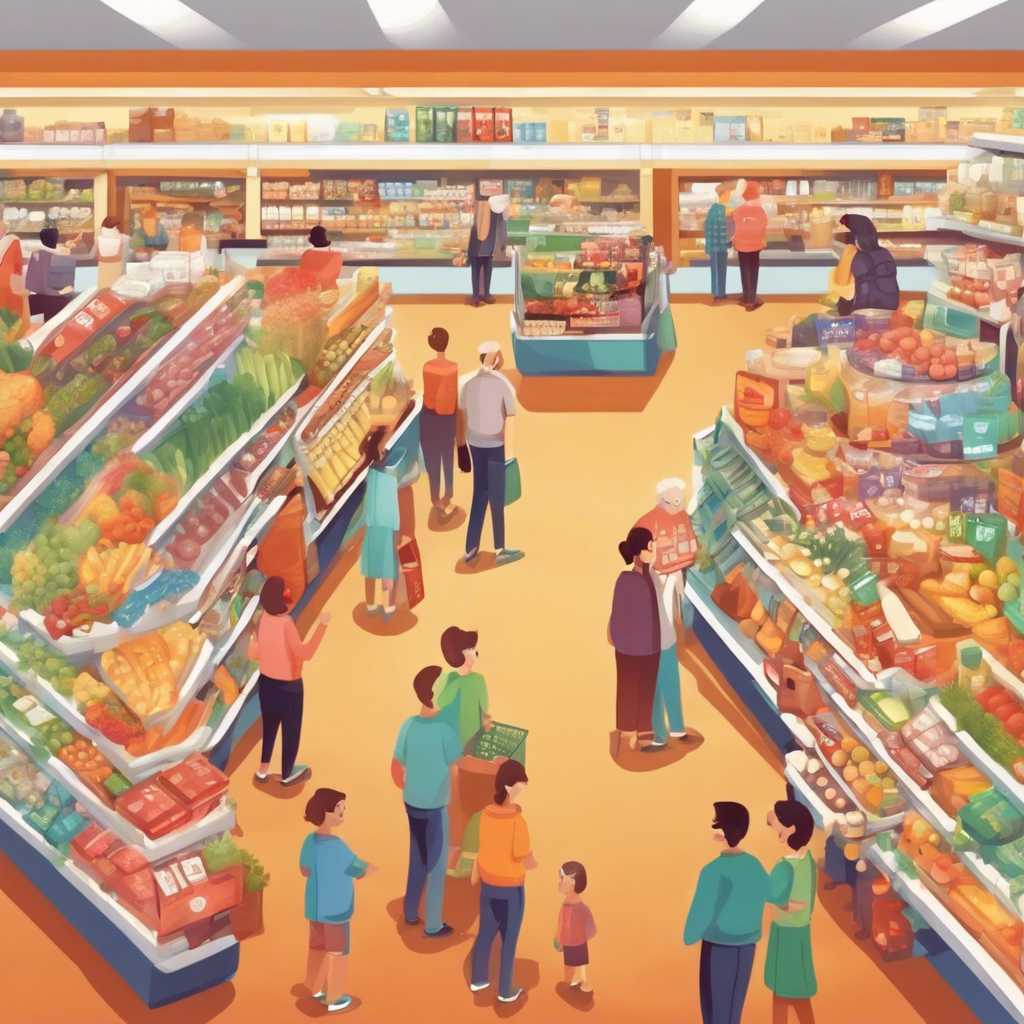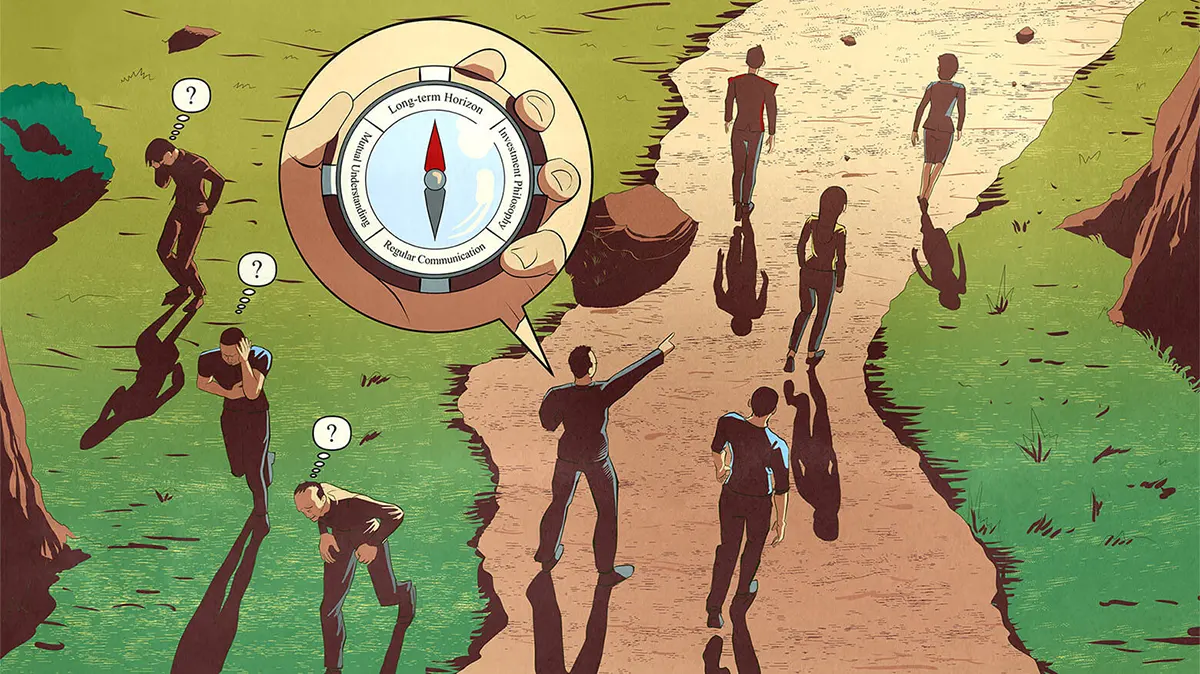SuperValu’s name and ticker symbol, SVU, are quite contradictory. One indicates a value manager’s dream–super value, a great investment–while the other is an acronym for the special victims unit–a value trap, a value investor’s nightmare.
Which one is it? I believe it is the great investment.
SuperValu is the fourth-biggest grocer in the U.S., if you count Wal-Mart (WMT), as you should. It has sales of $45 billion, trailing slightly behind Safeway (SWY). When we bought the stock in December, I got a slightly panicky email from a confused client. (Unlike Madoff victims, our clients receive confirmations of every trade we make in their accounts from their custodian.) I don’t blame him. SVU doesn’t fit the profile of an average stock in our portfolios that has a very good return on capital with little or no debt. SVU is loaded with debt–$9 billion of it, $2.7 billion of which matures over the next three years–and sports an unimpressive return on capital of 6% and it’s a retailer. This client probably thought that my partner and I were abducted by aliens and my partner’s cat was doing the buying.
Despite all the ugliness, SVU is an incredible value–it trades at less than six times earnings and has a free cash flow yield of 22%. Unlike many other stocks that trade at this type of valuation, I have a lot of confidence in the earnings part of the price-earnings multiple because, unlike many other activities, eating is not discretionary. Don’t get me wrong, I’d be naive not to expect some changes in the grocery spending habits of the U.S. consumer, but they are very marginal–estimates for 2008 earnings per share estimates show a decline of only 6%. Also, consumers are migrating toward store brands that actually benefit grocers because they come with higher margins. SVU will see very little, if any, growth over the next couple of years, but at this valuation it is a moot point. SVU’s future is not much different from that of its competitors Safeway or Kroger (KR). Operationally, if you look at inventory turnover and margins, it is on par with them but trades at less than half the P/E. It really comes down to one simple issue–SVU has more debt in an environment where debt and death are often used in the same sentence.
Investors are concerned that the company will not be able to roll over its debt once it comes due. These fears are overblown. Macy’s (M), a large department store chain, announced in late December that it was able to refinance debt. Although the company had to pay higher interest rates, the debt was nevertheless refinanced. Macy’s has more debt than SVU and it sells products (clothes and household items) that are a lot more discretionary in nature. We can wear last year’s clothes, but we cannot eat last year’s groceries. In light of Macy’s news, rolling over debt will not be an issue for SVU. But even in the worst-case scenario, SVU should be fine. It has $700 million of debt coming due in 2009. SVU has a credit line of $1.3 billion that it can use if it cannot roll over the debt.
In 2010-11, SuperValu has another $2 billion coming due. The company generates about $1.6 billion to $1.7 billion of operating cash flow a year. About $330 million of operating cash flow goes to maintenance capital expenditures–nondiscretionary spending. The rest of capital expenditures (opening and remodeling stores) are semi-discretionary–they can be postponed or modified. In fact on the Jan. 7 conference call, management announced it will cut capital expenditures and free cash flows in 2009 should be around $850 million (remember this is the company that has a market capitalization of $3.5 billion).
It will be able to pay off maturing debt from free cash flows. Debt does not lead to death for this company.









0 comments